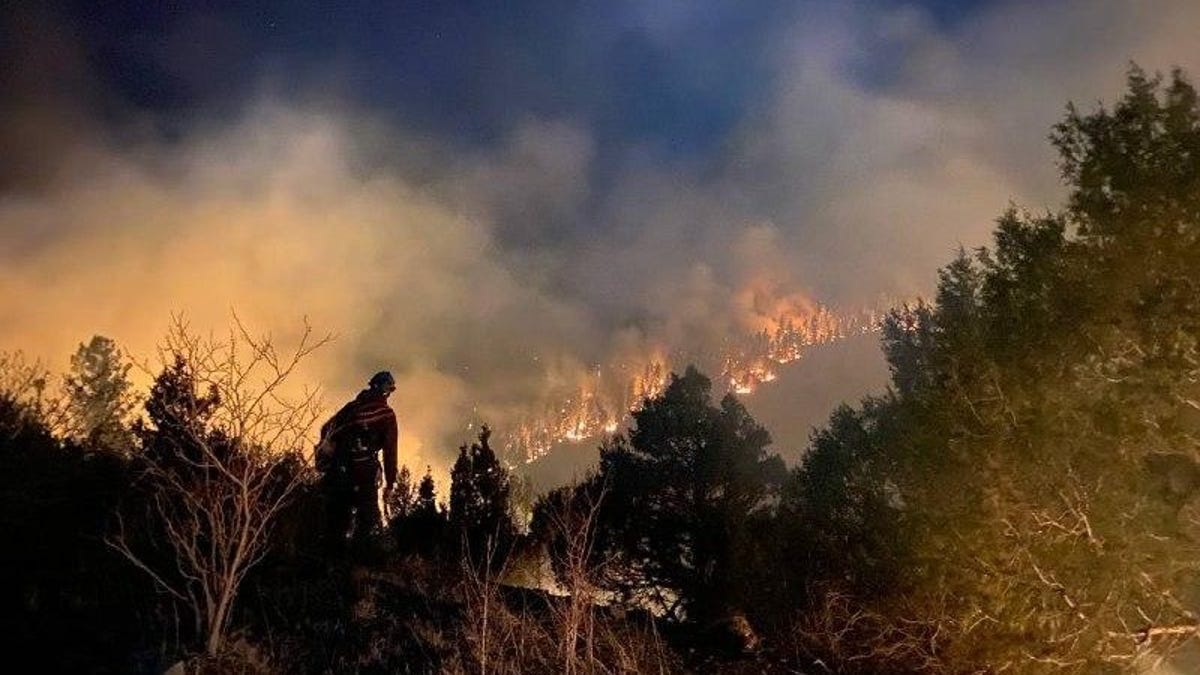Don't Stress, but 'Permacrisis' Is the 2022 Word of the Year
Even the dictionary is down on the state of the world.

Wildifres have become a more prominent fact of life and part of a creeping permacrisis.
Over the last few years, it's seemed like the "new normal" keeps getting weirder and darker as historical events pile up. This month the Collins Dictionary acknowledged our apparent spiral into ever darker timelines by naming "permacrisis" its 2022 Word of the Year.
Collins defines the word as an "extended period of instability and insecurity, (especially) one resulting from a series of catastrophic events."
You can pick from an existential potpourri of catastrophic events to justify the use of the term, from the COVID pandemic to Russia's war on Ukraine to extreme weather exacerbated by climate change.
"Permacrisis (is) a term that perfectly embodies the dizzying sense of lurching from one unprecedented event to another, as we wonder bleakly what new horrors might be around the corner," David Shariatmadari said in a "permacrisis" blog post for Collins on Nov. 1. "Much more of this and we might have forgotten what stability and security ever felt like."
The word isn't brand new this year. A quick search can find references at least as far back as the mid-1990s, which makes sense as it's a handy portmanteau for any particularly stubborn situation.
"Permacrisis signals not only a loss of faith in progress, but also a new realism in relation to what people can cope with and achieve," Neil Turnbull, a Nottingham Trent University philosophy professor, writes on the academia-focused site The Conversation. "Our crises have become so complex and deep-seated that they can transcend our capacity to understand them. Any decision to tackle them risks only making things worse."
It turns out that some other words and phrases that were shortlisted for this year's honor are also tied to the creeping sense of permacrisis, including "quiet quitting", the oft-mispronounced Ukrainian capital Kyiv and "vibe shift." Here's hoping the latter becomes more prominent real soon.

